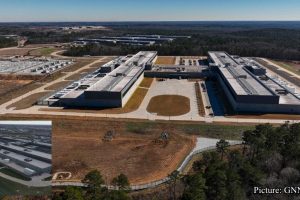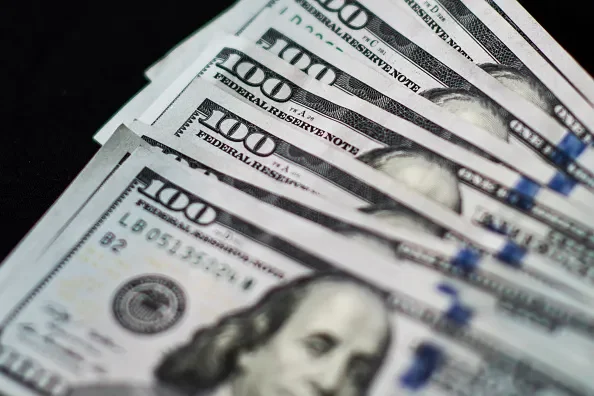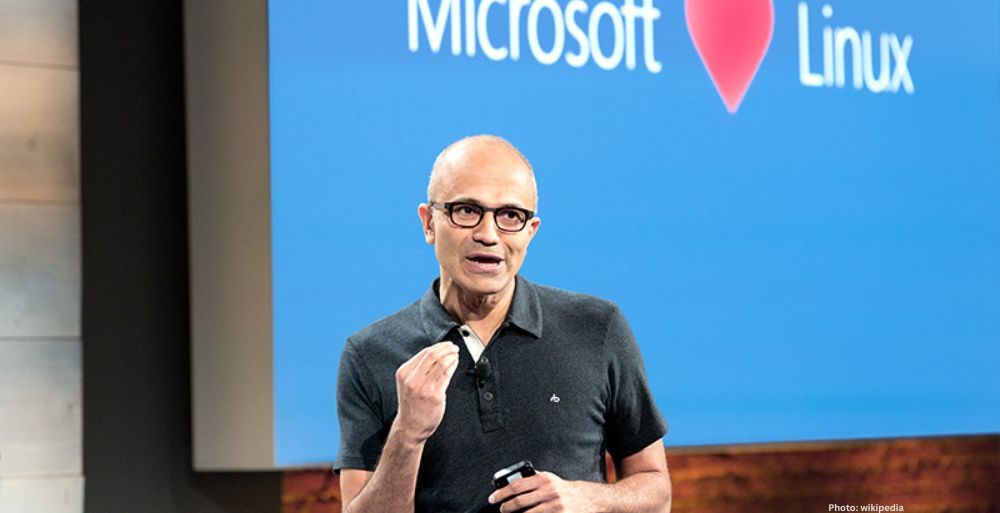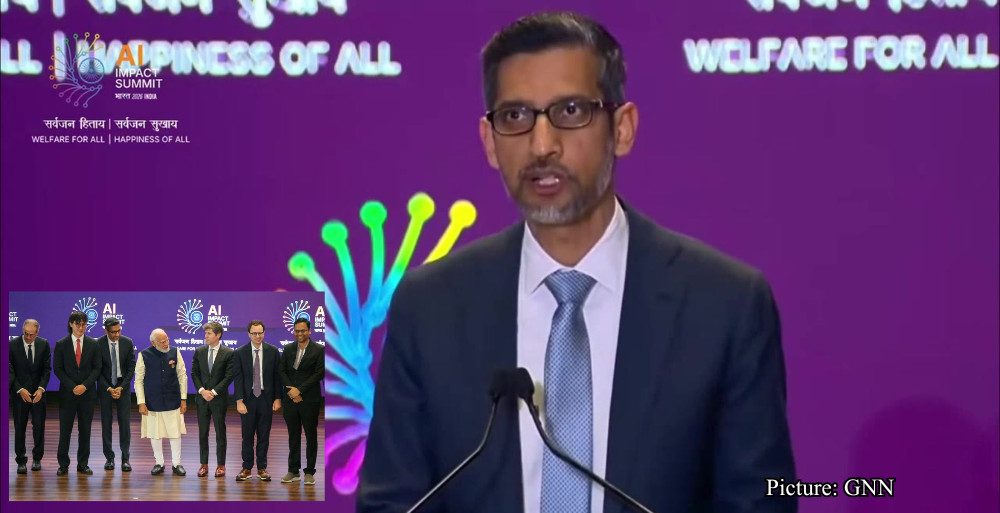The wealth of the top 1% of global earners has reached an unprecedented $52 trillion, setting a new record and intensifying discussions about income inequality worldwide.
This surge has been driven by a combination of soaring stock markets, rising real estate values, and the continued growth of technology and entrepreneurial ventures. Analysts note that the pandemic-era recovery and high-performing investments have disproportionately benefited the wealthiest individuals.
“Asset appreciation among the richest continues to outpace the average citizen’s income growth, highlighting stark disparities,” said an economic expert.
The top 1% now control a growing share of global assets, prompting renewed attention from policymakers and economists about potential social and economic implications. Experts warn that without targeted interventions, rising wealth concentration could exacerbate inequality, affecting social mobility and access to essential services.
Despite concerns, many high-net-worth individuals have benefited from strategic investments and inheritance planning, further consolidating wealth across generations.
The trend underscores the persistent divide between the ultra-rich and the general population, fueling debates about taxation, wealth redistribution, and regulatory policies aimed at ensuring a more balanced economic landscape.















